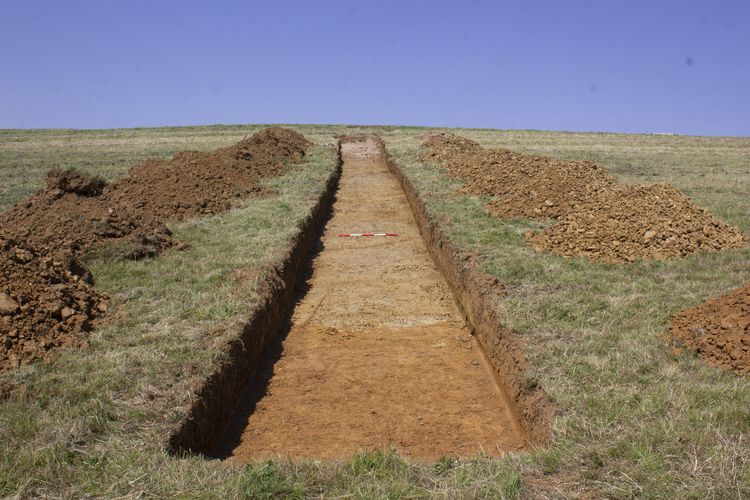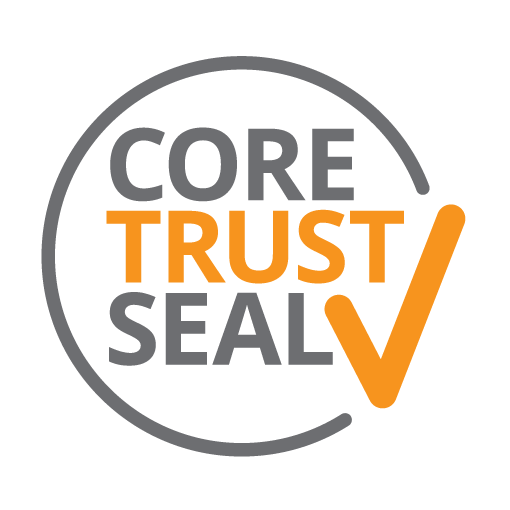Editor Intro: This week’s blog post is written by Marco Brunello, an ADS Digital Archives Assistant who recently joined us in York. Below Marco talks about his background and his experiences at the ADS so far!
If you had asked me just a couple of years ago where my professional journey would lead, Archaeology probably was not the first thing that would have come to my mind. I have started my employment at the Archaeology Data Service in mid-July 2023, let’s see how I got here and what has been my experience so far.
I come from a background in linguistics, with a specific interest in computational/corpus linguistics. After working as a researcher in this field for a number of years, I left academia in 2014 after completing my PhD and ventured into the private sector, where I have worked mainly in digital marketing roles.
But in 2019 I saw an opportunity with the Bridging the Digital Gap programme by The National Archives, which was set up to bring digitally-savvy individuals into the archive sector. I successfully applied for the position based at Leeds University Library Special Collections, where I received on-the-job training and practical experience in digital preservation.
After that, I worked in an Archive Assistant role at the West Yorkshire Archive Service, then I undertook a mix of physical and born-digital archiving duties at a big pharmaceutical company. But my main professional interest has always been doing digital preservation in a heritage setting, so I could not miss the opportunity to become a Digital Archive Assistant at the Archaeology Data Service. And here I am.
I came to the ADS with a solid foundation in digital preservation, but no formal background in Archaeology – unlike most other ADS employees who originally have studied Archaeology at university and/or have fieldwork experience. Management understood that my expertise was not directly aligned with this specialised subject matter, and ensured that I received thorough training in that sense.
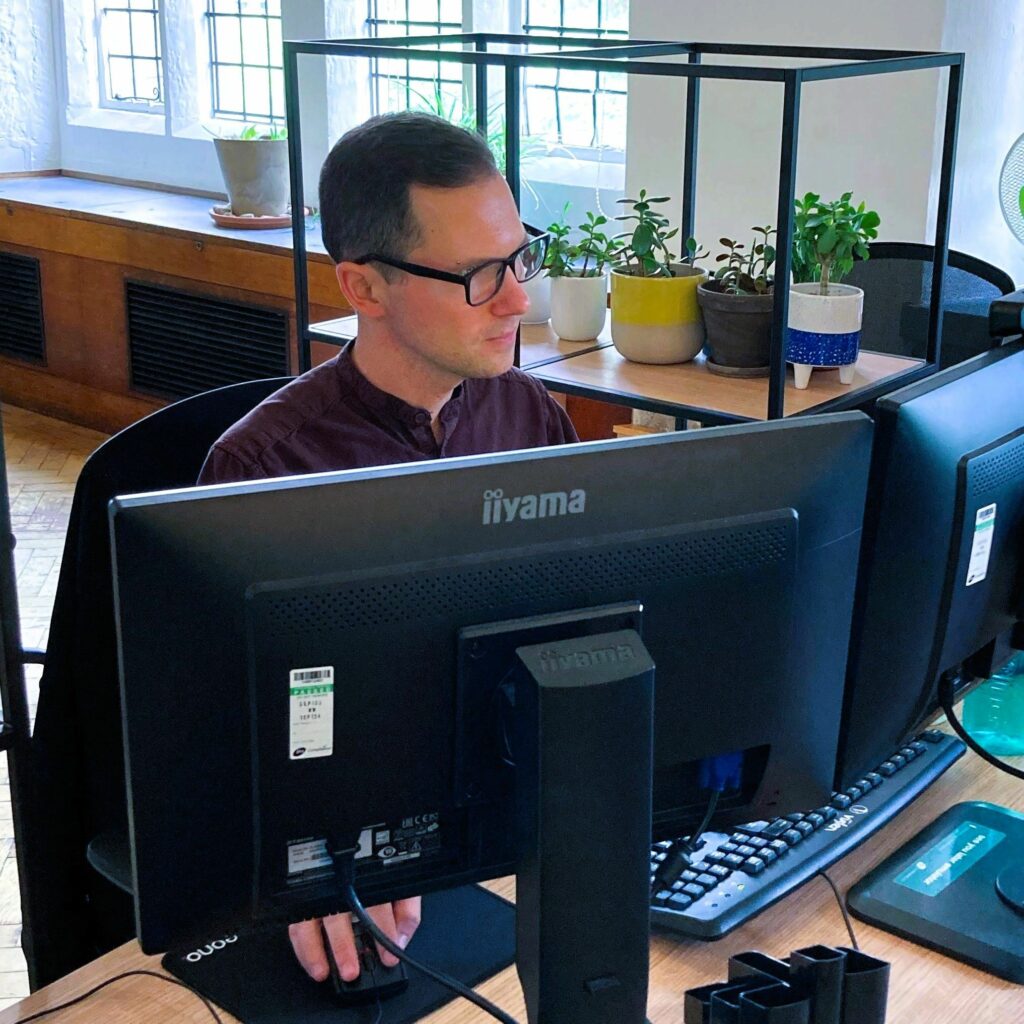
One of the most interesting experiences of my initial weeks was getting involved in a project that allowed me to familiarise myself with the specific systems and methodologies used here at the ADS. I had the chance to work on metadata checking and entry for several HS2 sites, ensuring that the information was being recorded correctly. This hands-on experience, along with being introduced to and working with ADS-easy, appraisal, accessioning and Archival Information Package (AIP) checking, was invaluable experience and quickly helped me gain confidence in my new role.
AIP checking in particular helped me familiarise with pretty much everything that involves processing a collection submitted to the ADS. This task involves going over a collection that has already been processed by an ADS archivist, and checking that everything has been done correctly and in compliance with the ADS preservation and policy procedures. This goes from ensuring that established naming conventions have been followed to checking that every file includes the required metadata, but also checking that each collection shows properly on the ADS website and that its content will be preserved and made accessible as intended. This process also made me familiarise with the extremely varied nature of the collections submitted to the ADS, ranging from archaeological evaluations carried out due to residential development (ADS Collection: 5741) to archaeological monitoring of heritage sites such as Hedingham Castle (ADS Collection: 5433).
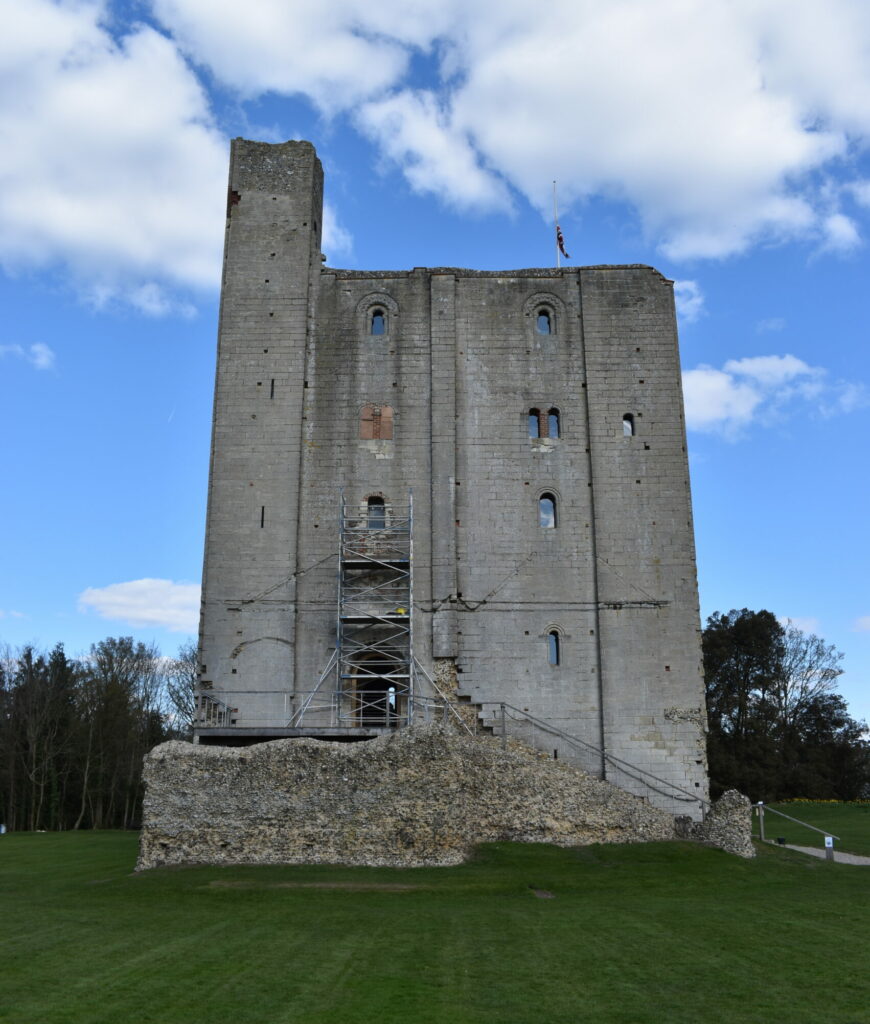
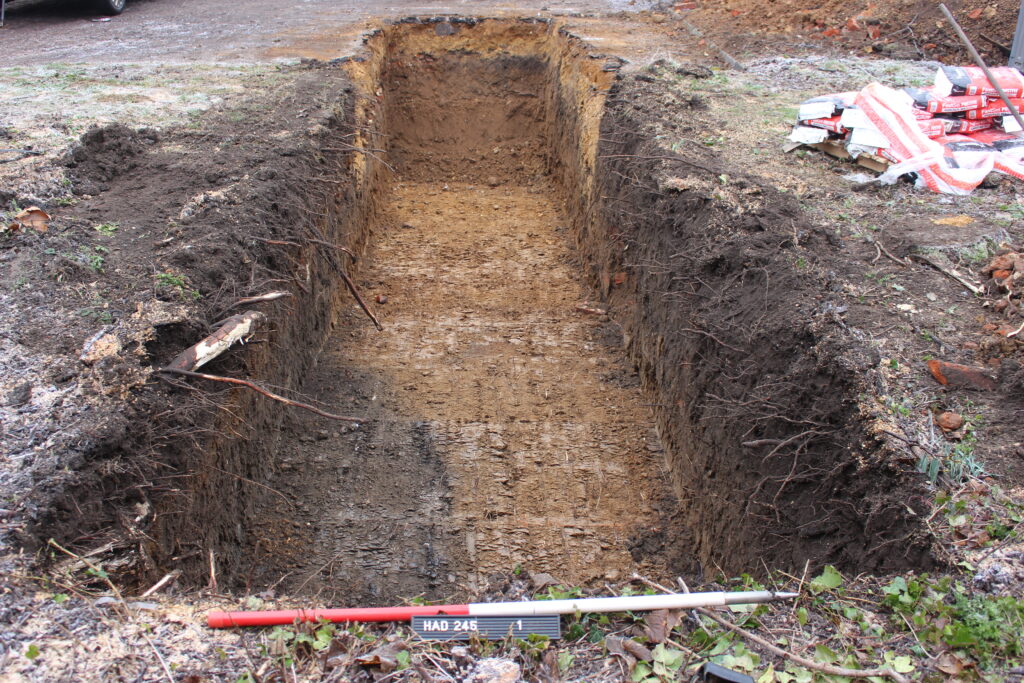
Joining the ADS during the summer turned out to be an unintended advantage as well. This quieter period allowed me the extra time to fully understand the specific nuances of digital archiving in the UK archaeological landscape, and appreciating the importance of what we do here at the ADS.
As I wrap up my thoughts on my first month and a half in this new employment, my feelings are of optimism and enthusiasm. I am grateful to be in a role where I can do what I was originally trained for when I entered the archive sector, and I look forward to the opportunities for growth and learning that lie ahead. Digital preservation is a dynamic and ever evolving discipline, and I am excited to be a part of it especially in the context of the ADS’s unique role in UK archaeology.
In conclusion, my first couple of months at the ADS have been a fulfilling journey of growth and discovery. It is a testament to the value of taking risks and actively pursuing my professional interests, even when it meant venturing into uncharted territory. I am looking forward to seeing where this path leads me, and I am eager to contribute to digital preservation at the ADS while continuing to expand my own knowledge and expertise.



